Home>Articles>Why You Shouldn’t Sleep With Mirrors Facing You
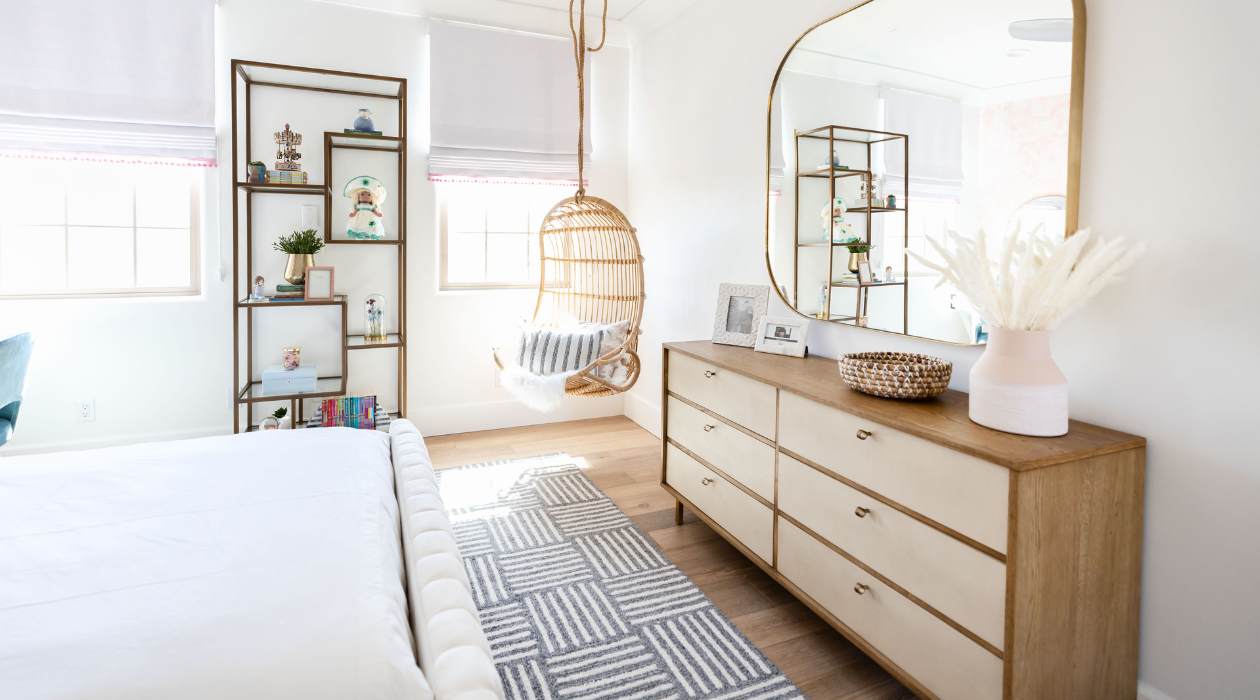

Articles
Why You Shouldn’t Sleep With Mirrors Facing You
Modified: August 23, 2024
Discover why sleeping with mirrors facing you can have a negative impact on your sleep quality and overall well-being. Read more in our articles.
(Many of the links in this article redirect to a specific reviewed product. Your purchase of these products through affiliate links helps to generate commission for Storables.com, at no extra cost. Learn more)
Introduction
Have you ever felt a sense of unease when sleeping in a room with a mirror facing you? If so, you’re not alone. Mirrors have long been associated with superstitions and beliefs that they can have negative effects on sleep and energy in a space. While some may dismiss these beliefs as mere folklore, there is a fascinating psychological and cultural underpinning to the fear of sleeping with mirrors facing you.
In this article, we will delve into the reasons why you may want to reconsider having mirrors facing you while you sleep. We will explore the reflective properties of mirrors, the cultural beliefs and superstitions surrounding them, and the potential psychological impact they can have on your sleep quality. Additionally, we will delve into scientific research on the topic and discuss possible solutions and alternatives for mirror placement in the bedroom.
So, if you’ve ever wondered whether there’s any truth behind the old saying “Don’t sleep with mirrors facing you,” read on to discover the intriguing insights about mirrors and their impact on sleep.
Key Takeaways:
- Mirrors can reflect more than just physical light, tapping into cultural beliefs and psychological fears. Consider your own comfort and preferences when deciding on mirror placement in the bedroom for optimal sleep quality.
- While scientific research on mirrors and sleep quality is limited, individual preferences play a significant role. Experiment with alternatives like covering mirrors or strategic positioning to create a serene sleep environment that aligns with your personal comfort.
Explanation of Mirrors and Their Reflective Properties
Before we delve into the beliefs and superstitions surrounding mirrors, let’s first understand the nature of mirrors themselves. Mirrors are objects that reflect light and create a reflection of whatever is in front of them. They consist of a reflective surface, typically made of glass with a thin layer of metal or silver, that reflects light in a way that creates an image.
The reflective property of mirrors is what makes them so fascinating. They have the ability to reflect light and create an accurate representation of the objects or people in front of them. This property has made mirrors a common tool for self-reflection, personal grooming, and even artistic expression.
When it comes to sleeping with mirrors facing you, it is important to understand that mirrors have the potential to reflect not only physical light but also emotional and energetic vibrations. This is where the beliefs and superstitions surrounding mirrors come into play.
In many cultures around the world, mirrors are believed to act as portals or gateways between the physical world and the spiritual realm. They are said to have the ability to trap or reflect negative energy, spirits, or even one’s own soul. These beliefs have led to the notion that sleeping with mirrors facing you can invite unwanted energy into your space, disrupt your sleep, and even affect your overall well-being.
While these beliefs may sound fantastical, there is no denying the power of perception and the impact it can have on our daily lives. The idea that mirrors can reflect more than just physical light taps into our deeply ingrained fears and beliefs about the unseen and the unknown.
So, when it comes to mirrors and their reflective properties, it is important to recognize that they can hold both physical and symbolic significance. Understanding this can shed light on why many people feel uncomfortable sleeping with mirrors facing them, even if they cannot explain it rationally.
Beliefs and Superstitions Surrounding Mirrors in Various Cultures
Mirrors have been ingrained in various cultures throughout history, and as a result, they have acquired a multitude of beliefs and superstitions surrounding their use. These cultural beliefs and superstitions shed light on the deep-rooted concerns and fears associated with mirrors.
In many cultures, mirrors are seen as gateways to the spirit world. For example, in Chinese culture, it is believed that mirrors have the power to attract spirits and serve as a portal for them to enter our realm. Therefore, it is advised not to have mirrors facing the bed in order to prevent unwanted spirits from disturbing sleep or entering the dream world.
Similarly, in feng shui, the ancient Chinese practice of harmonizing the environment, mirrors are believed to amplify energy and can disrupt the flow of chi (life force energy) in a space. Sleeping with mirrors facing you is said to reflect your own energy back at you, causing restlessness and disturbances in sleep.
In Western cultures, the superstitions surrounding mirrors revolve more around the idea of bad luck or the potential for spirits to become trapped within them. Breaking a mirror is often associated with the belief that it brings seven years of bad luck, and covering mirrors during times of mourning is believed to prevent the departure of the deceased’s soul.
Additionally, many cultures have specific beliefs about mirrors and their impact on one’s soul or physical appearance. In some parts of Africa, it is believed that mirrors can steal a person’s soul or cause illness if one sees their reflection in a mirror while they are sleeping. In other cultures, it is believed that mirrors have the power to distort one’s physical appearance or reflect negative energy onto the person looking into it.
These cultural beliefs and superstitions surrounding mirrors highlight the deep-rooted cultural and psychological impact they can have on individuals. While these beliefs may differ from culture to culture, they all contribute to the unease and apprehension many people feel about sleeping with mirrors facing them.
It is important to note that beliefs and superstitions are not based on scientific evidence but rather on cultural practices, folklore, and personal experiences. However, understanding these beliefs can provide insight into the underlying fears and concerns surrounding mirrors and their placement in the bedroom.
The Psychological Impact of Sleeping with Mirrors Facing You
While the beliefs and superstitions surrounding mirrors may seem rooted in folklore, they do reflect certain psychological mechanisms and concerns related to sleep and well-being. Sleeping with mirrors facing you can have a psychological impact that may affect your sleep quality and overall state of mind.
One major psychological factor at play is the fear of the unknown. Mirrors have a way of reflecting not just our physical appearance, but also our inner selves, emotions, and vulnerabilities. Sleeping with mirrors facing you can create a sense of unease as you may feel constantly watched or exposed during your most vulnerable moments – while you sleep.
This feeling of being watched can disrupt your ability to relax and fully unwind, leading to difficulty falling asleep or experiencing restful sleep. The subconscious fear of being observed or judged can heighten anxiety levels and activate the body’s stress response, making it challenging to achieve a calm and peaceful state necessary for quality sleep.
The reflective nature of mirrors can also amplify self-critical thoughts and body image concerns. Seeing your reflection in the mirror while trying to sleep may trigger insecurities, promoting negative self-talk and hindering self-acceptance. This negative self-perception can contribute to a restless mind and a decreased sense of well-being, ultimately impacting the quality of your sleep.
Moreover, mirrors reflecting dim or ambient lighting in the bedroom can create a distorted and eerie atmosphere that can indirectly affect your sleep. The play of shadows and illusions can create a feeling of unease, making it difficult for you to achieve a deep and restorative sleep state.
It is important to acknowledge that the psychological impact of sleeping with mirrors facing you may vary from person to person. Some individuals may possess a high level of susceptibility to these psychological factors, while others may not be affected at all. Understanding your own sensitivity to these issues can help you make decisions about mirror placement in your bedroom.
Ultimately, the psychological impact of sleeping with mirrors facing you extends beyond the realm of superstitions and beliefs. It taps into deeper psychological concerns about self-perception, vulnerability, and the need for a safe and comforting sleep environment.
Place mirrors facing away from the bed to avoid disrupting your sleep. The reflection can create a sense of unease and disturb your rest.
Scientific Research on Sleep Quality and Mirrors in the Bedroom
While cultural beliefs and personal experiences provide valuable insights into the psychological impact of sleeping with mirrors facing you, it’s important to explore the scientific research surrounding this topic. While the research is limited, there are a few studies that shed light on the potential impact of mirrors on sleep quality.
In a study published in the Journal of Environmental Psychology, researchers investigated the effects of bedroom characteristics, including the presence of mirrors, on sleep quality. The study found that participants who had mirrors in their bedrooms reported poorer sleep quality compared to those without mirrors. The presence of mirrors was associated with higher levels of self-consciousness and increased awakenings during the night.
Another study published in the Journal of Environmental Health Science and Engineering explored the impact of reflective surfaces, including mirrors, on sleep disturbance. The study found that participants who had reflective surfaces in their bedrooms, especially those facing the bed, experienced more sleep disturbances, including difficulty falling asleep and waking up during the night.
While these studies provide some evidence of a potential link between mirrors in the bedroom and sleep disturbances, it’s important to note that more research is needed to establish a conclusive relationship. Factors such as individual differences, personal beliefs, and cultural backgrounds can all influence how mirrors impact sleep quality.
It is worth mentioning that individual preferences play a significant role in sleep quality. While some individuals may experience sleep disturbances when sleeping with mirrors facing them, others may not be affected at all. Understanding your own comfort levels and considering the overall sleep environment that promotes relaxation and tranquility is crucial in achieving optimal sleep quality.
Ultimately, the scientific research on the impact of mirrors on sleep quality is still emerging, and more studies are necessary to fully understand the relationship. It’s important to take individual differences into account and make decisions based on personal comfort and preference.
Potential Solutions and Alternatives for Mirror Placement in the Bedroom
If you find yourself uncomfortable with mirrors facing you while you sleep, there are several potential solutions and alternatives to consider for mirror placement in the bedroom:
- Remove or Cover Mirrors: The simplest solution is to remove any mirrors from the bedroom or cover them during sleep. This can be done using curtains, fabric, or even temporary wall decals to create a more peaceful sleep environment.
- Position Mirrors Away from the Bed: If removing or covering mirrors is not possible, try positioning them in a way that they do not directly face the bed. Opt for wall-mounted mirrors or place them at angles that minimize their reflection towards the sleeping area.
- Choose Mirrors with Soft Lighting: Consider mirrors that have built-in soft lighting features. These types of mirrors provide a more soothing and subdued lighting effect, reducing the potential for sleep disturbances caused by bright reflections or harsh lighting conditions during the night.
- Opt for Mirrors with Distraction-Free Frames: Some frames around mirrors can be busy with intricate designs or patterns that may contribute to a sense of unease. Choosing mirrors with simple, minimalist frames can create a more calming and serene ambiance in the bedroom.
- Use Mirrors Strategically: Instead of placing mirrors directly in front of the bed, consider placing them on the side or in areas where they can enhance natural light, create a sense of space, or serve practical purposes such as dressing or grooming.
- Explore Non-Reflective Surfaces: If mirrors continue to cause discomfort, consider alternative surfaces for decoration, such as artwork, tapestries, or framed photographs. These can provide a visually appealing touch to the bedroom while eliminating the reflective properties that mirrors possess.
Ultimately, finding the right solution or alternative for mirror placement in the bedroom depends on your personal preferences and comfort levels. Experiment with different options to create a sleep environment that promotes relaxation, serenity, and a sense of well-being.
Conclusion
While the beliefs and superstitions surrounding mirrors in the bedroom may vary across cultures, there is a substantial psychological and cultural underpinning to the fear of sleeping with mirrors facing you. Mirrors have the unique ability to reflect not only physical light but also emotional and energetic vibrations, which can lead to feelings of unease and disruption in sleep quality.
While scientific research is limited on the direct impact of mirrors on sleep quality, studies have suggested a potential link between mirrors in the bedroom and sleep disturbances. However, it is important to recognize that individual preferences and comfort levels play a significant role in sleep quality. Some individuals may feel uncomfortable with mirrors facing them, while others may not be affected.
If you find yourself uncomfortable with mirrors in the bedroom, there are several potential solutions and alternatives to consider, such as removing or covering the mirrors, positioning them away from the bed, or choosing mirrors with soft lighting and distraction-free frames. Exploring non-reflective surfaces like artwork or tapestries can also be a viable option.
Ultimately, the decision on mirror placement in the bedroom should be based on your personal comfort and preferences. Creating a sleep environment that promotes relaxation, tranquility, and a sense of security is key to achieving optimal sleep quality.
So, whether you believe in the superstitions surrounding mirrors or simply want to create a sleep space that aligns with your personal comfort, consider your own feelings and perceptions when it comes to mirrors in the bedroom. After all, a good night’s sleep is essential for your overall well-being.
Frequently Asked Questions about Why You Shouldn't Sleep With Mirrors Facing You
Was this page helpful?
At Storables.com, we guarantee accurate and reliable information. Our content, validated by Expert Board Contributors, is crafted following stringent Editorial Policies. We're committed to providing you with well-researched, expert-backed insights for all your informational needs.
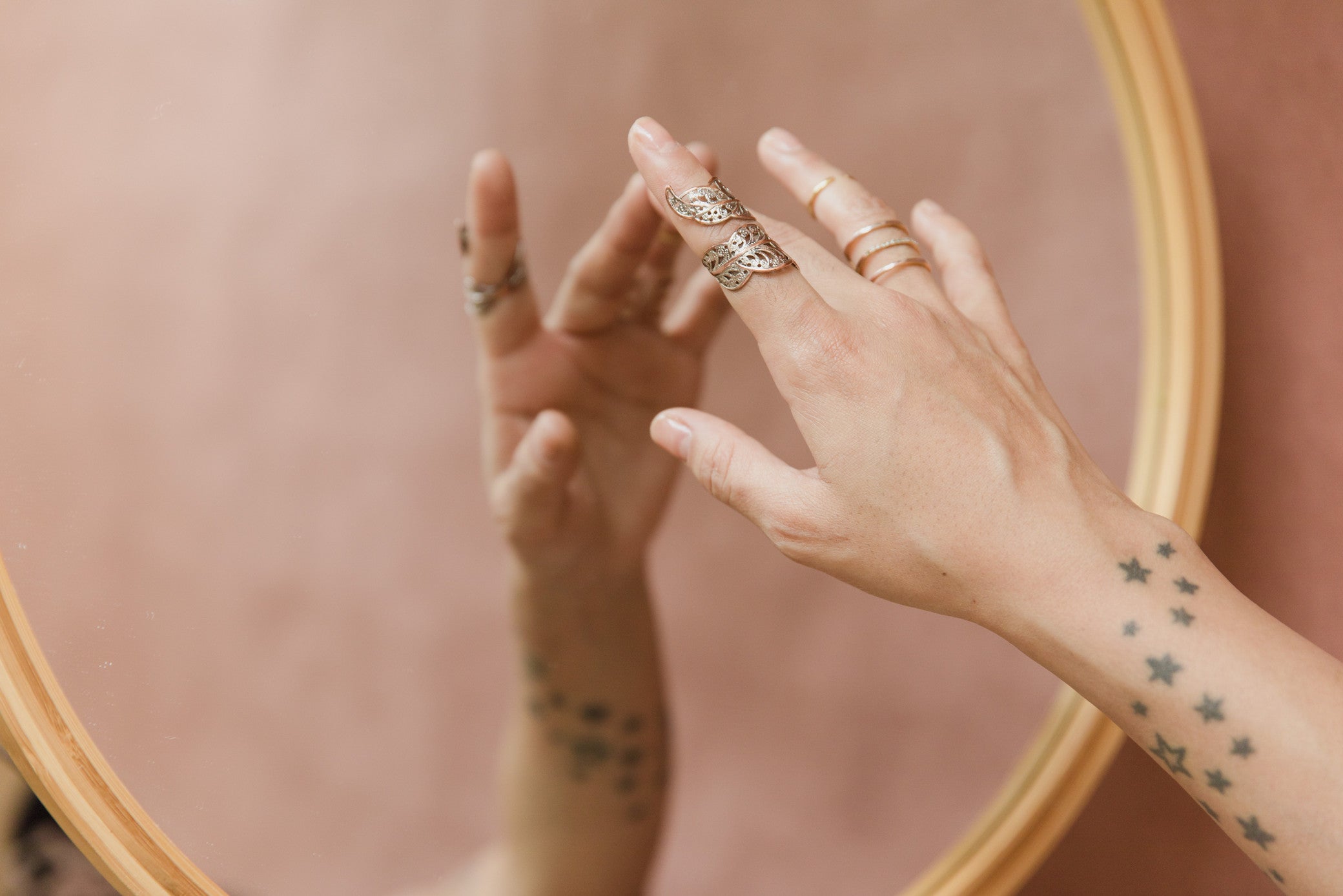
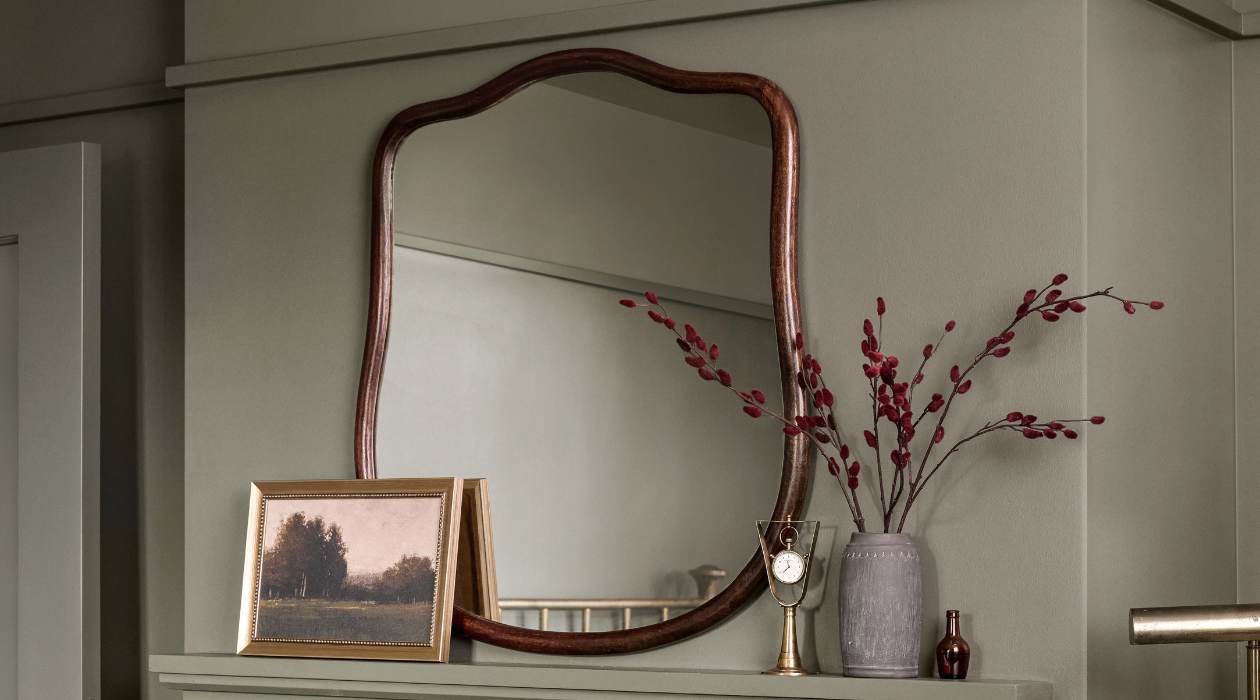
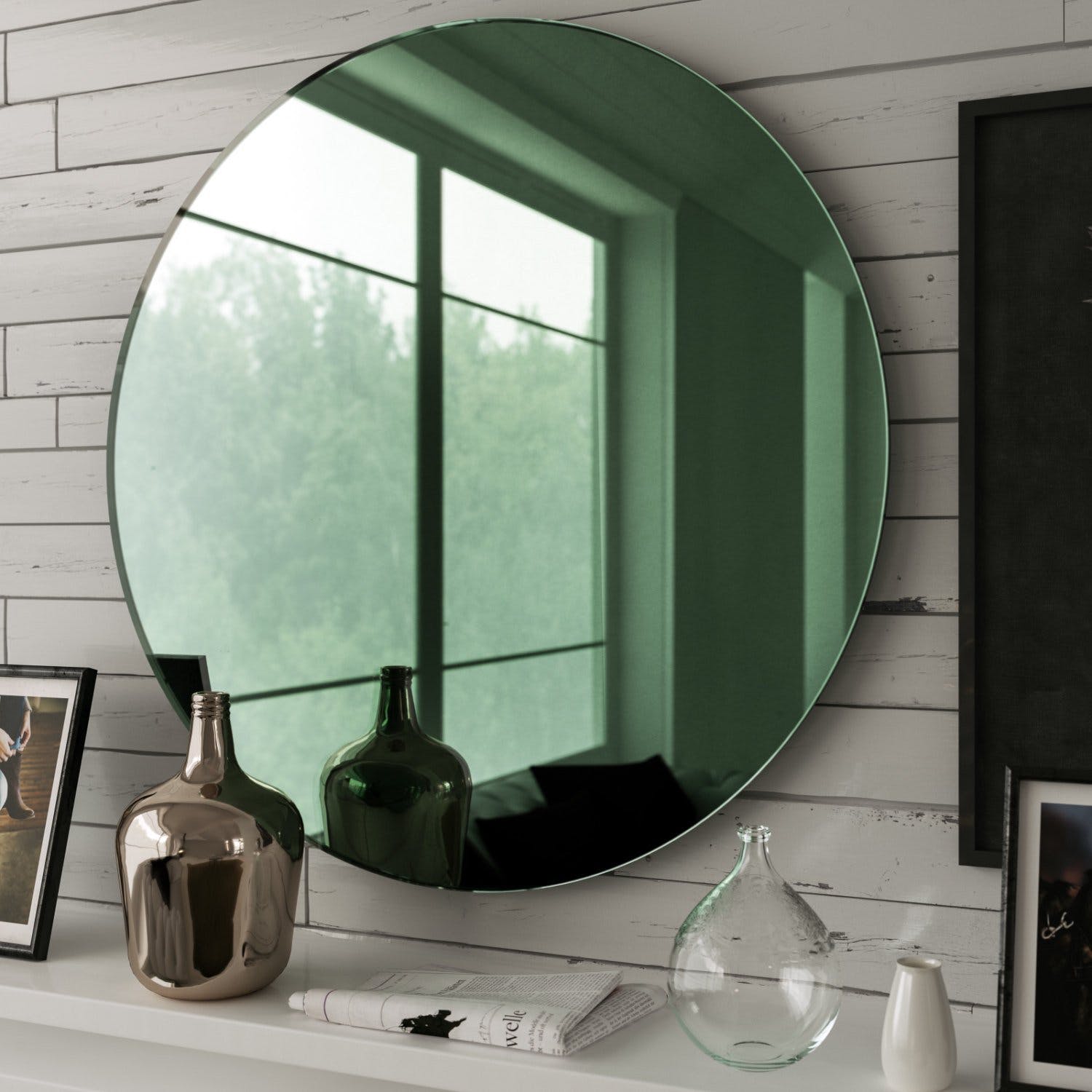
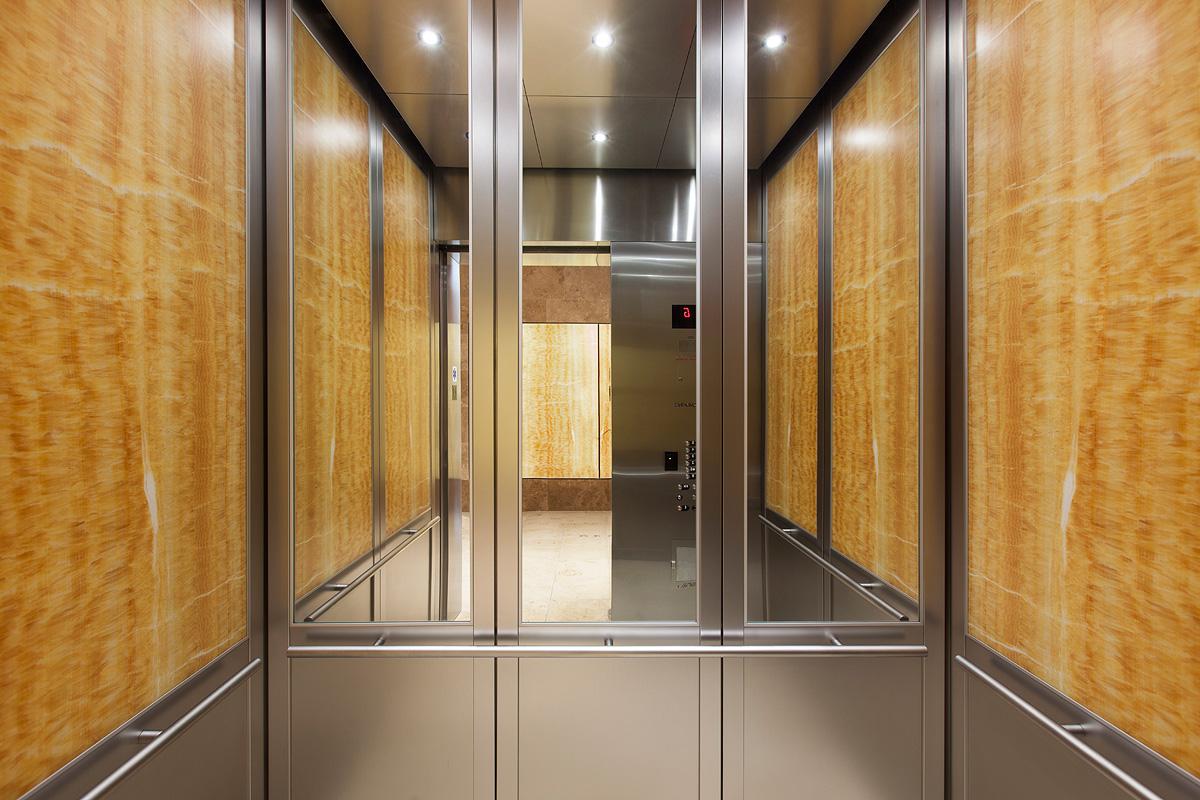
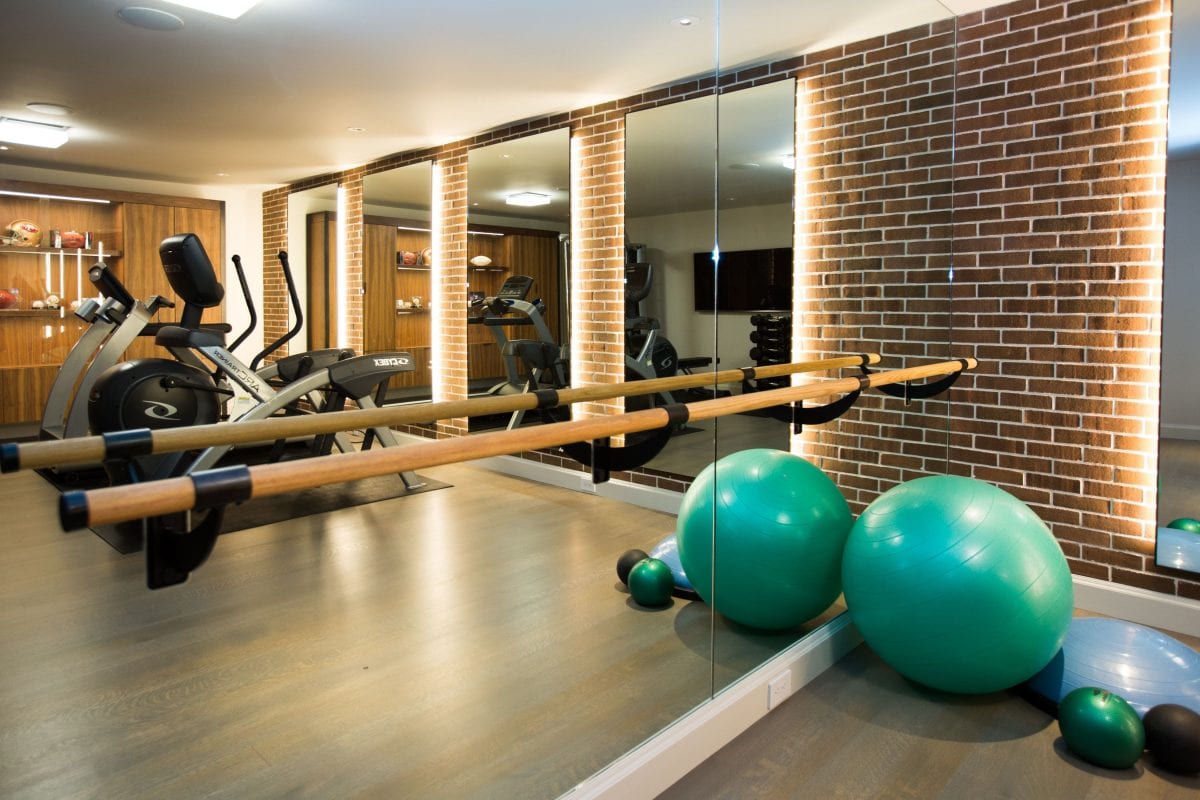
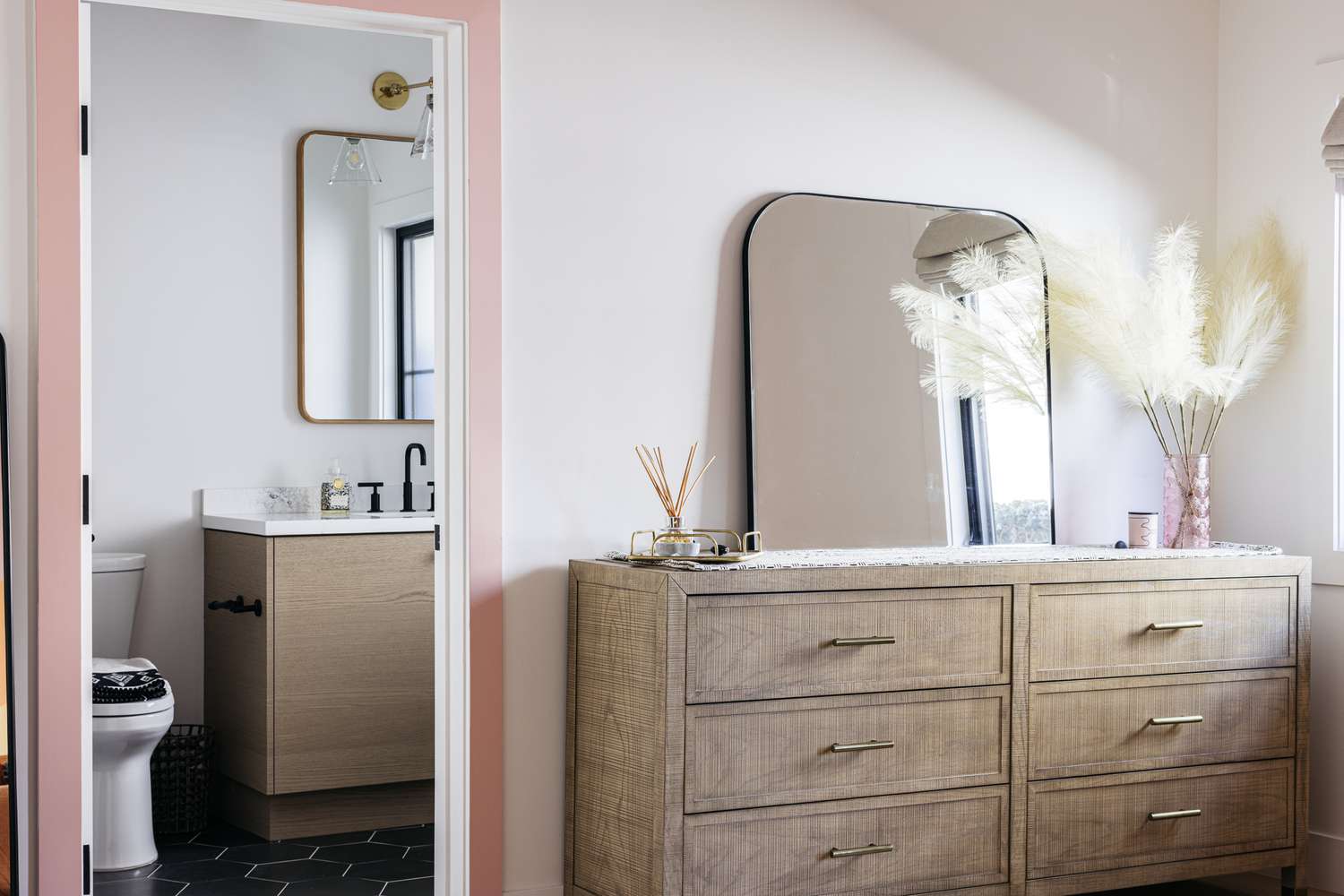
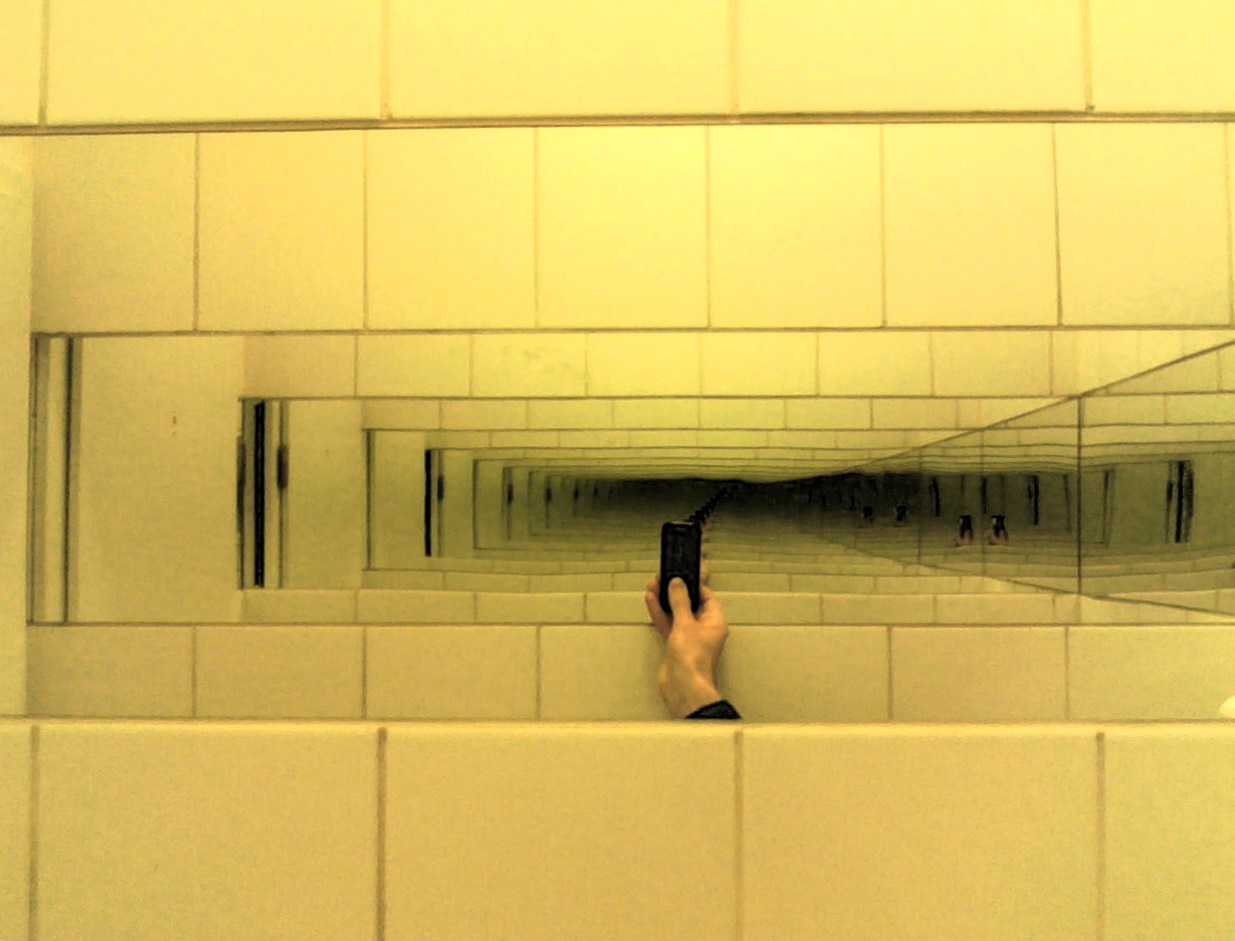
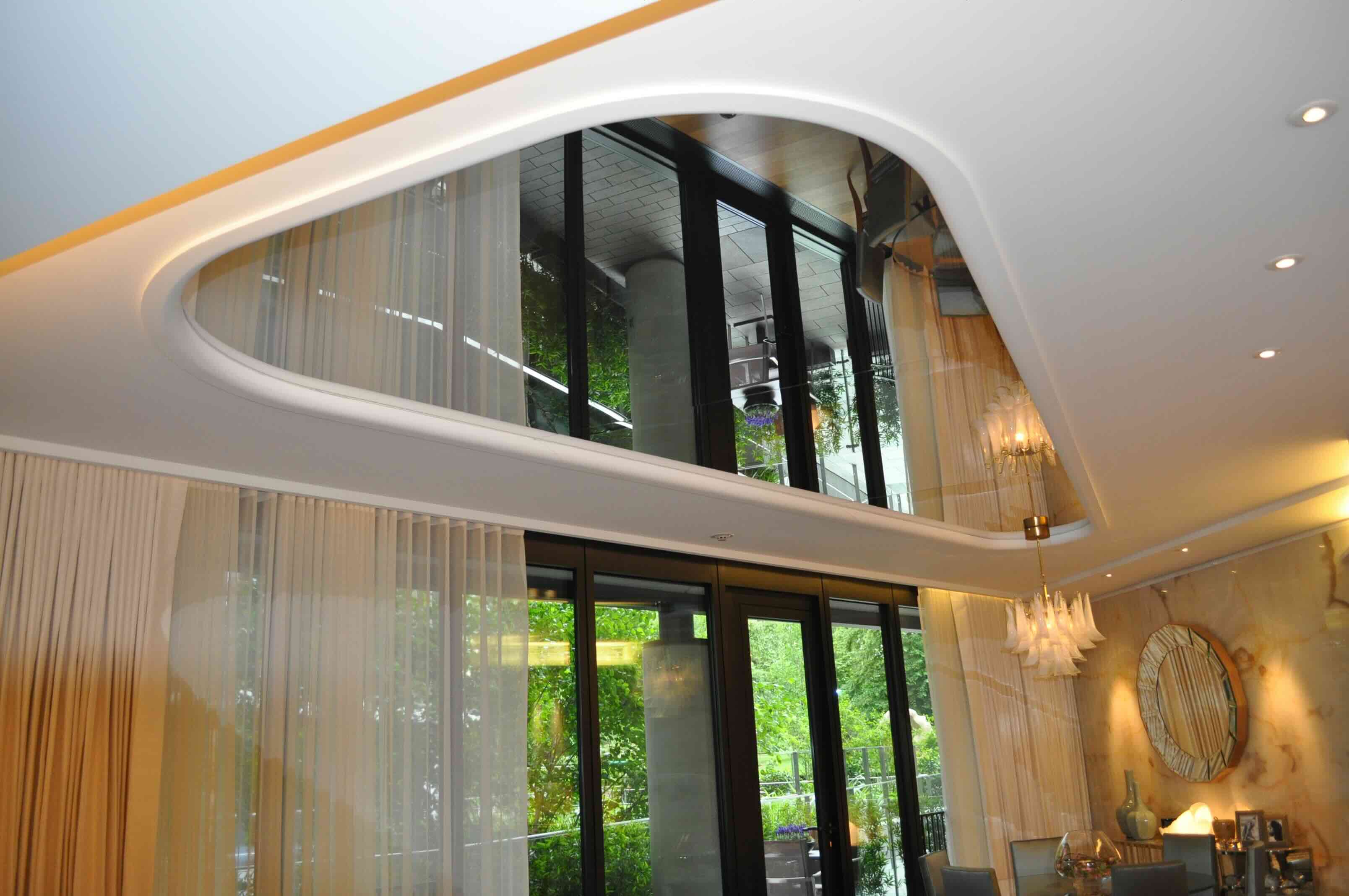
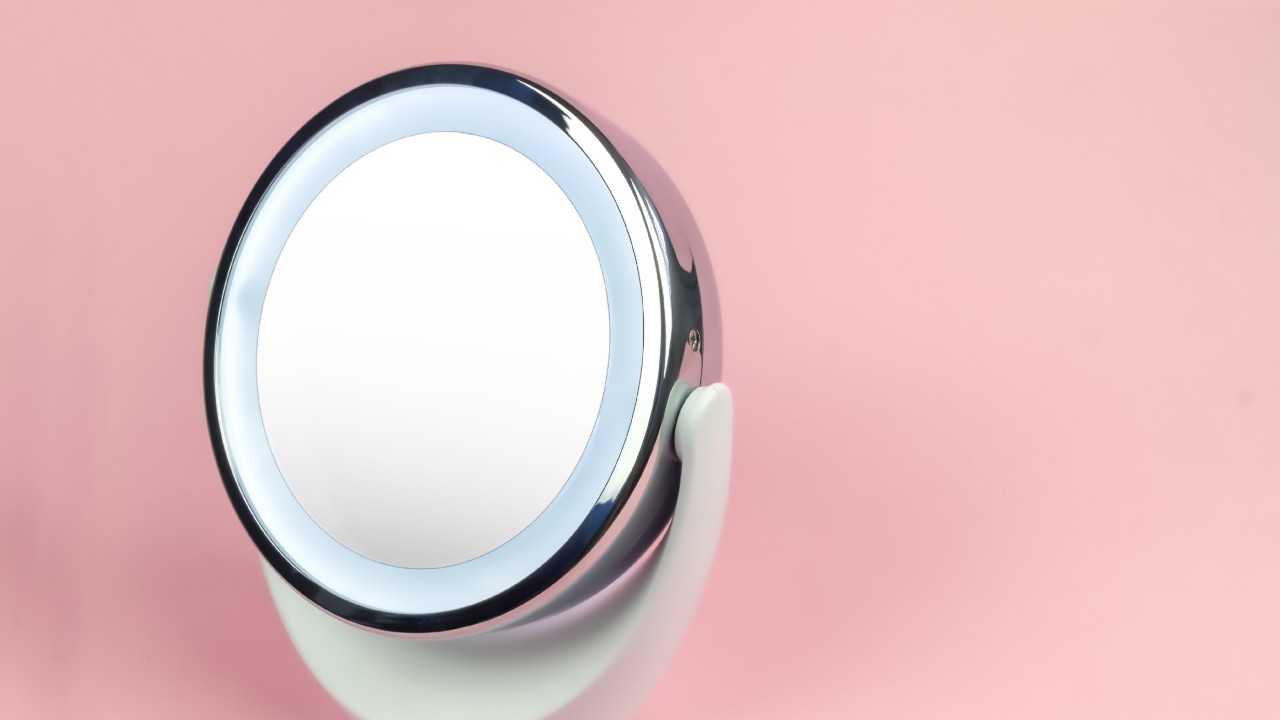
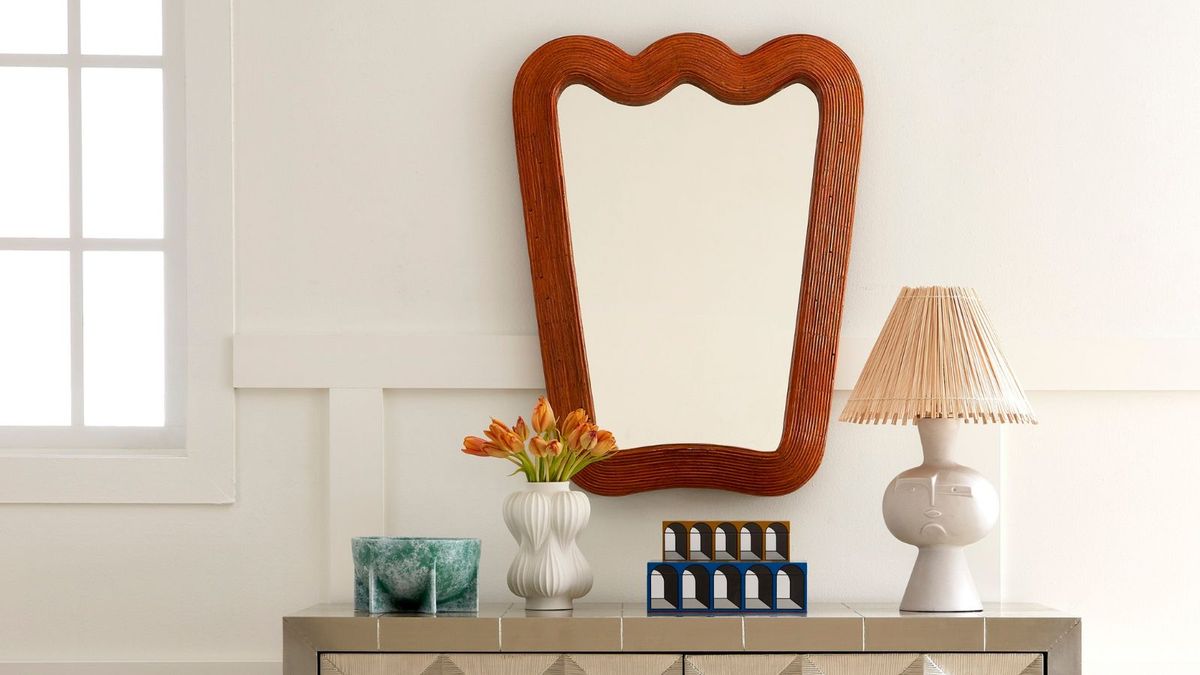


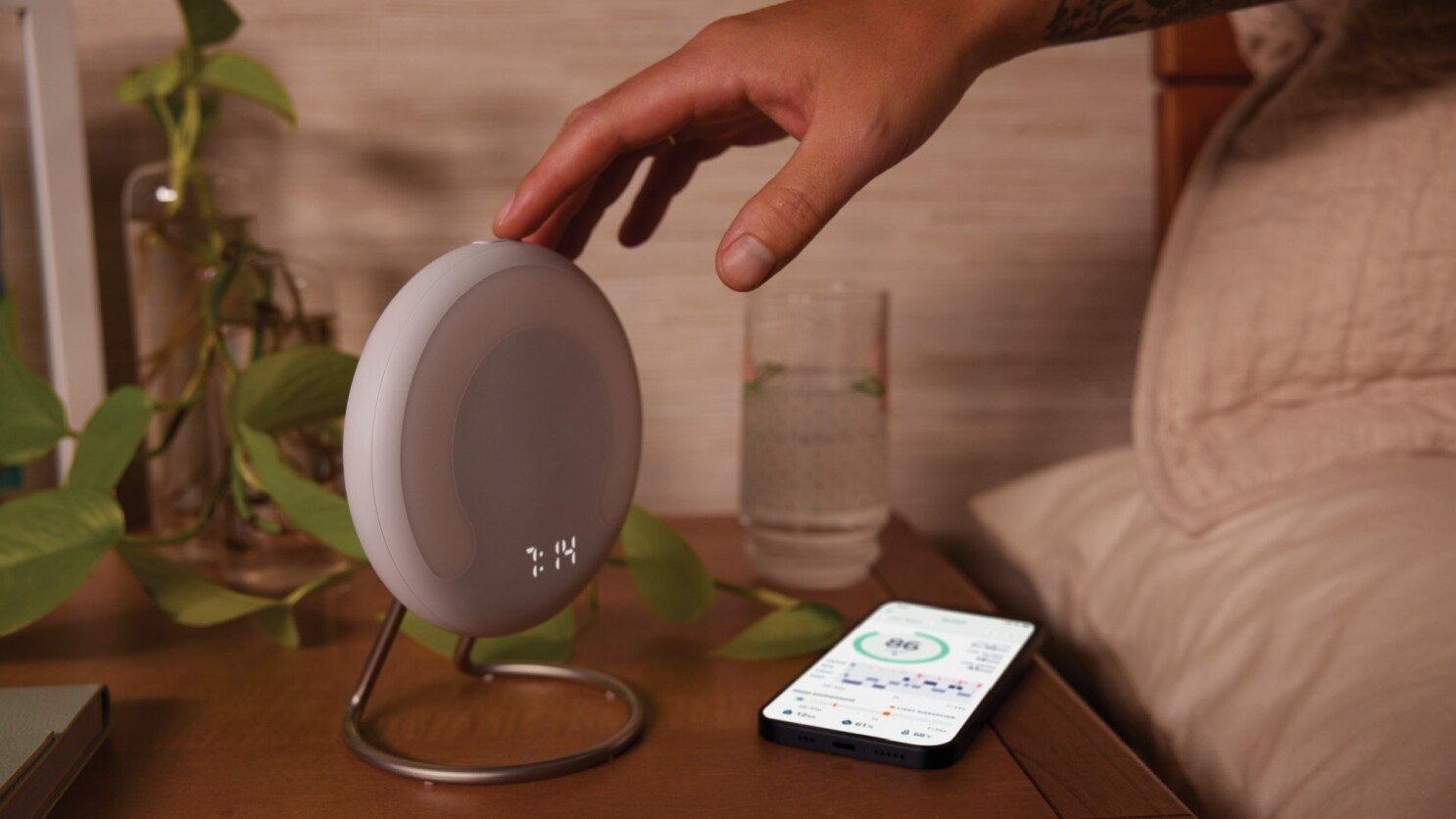
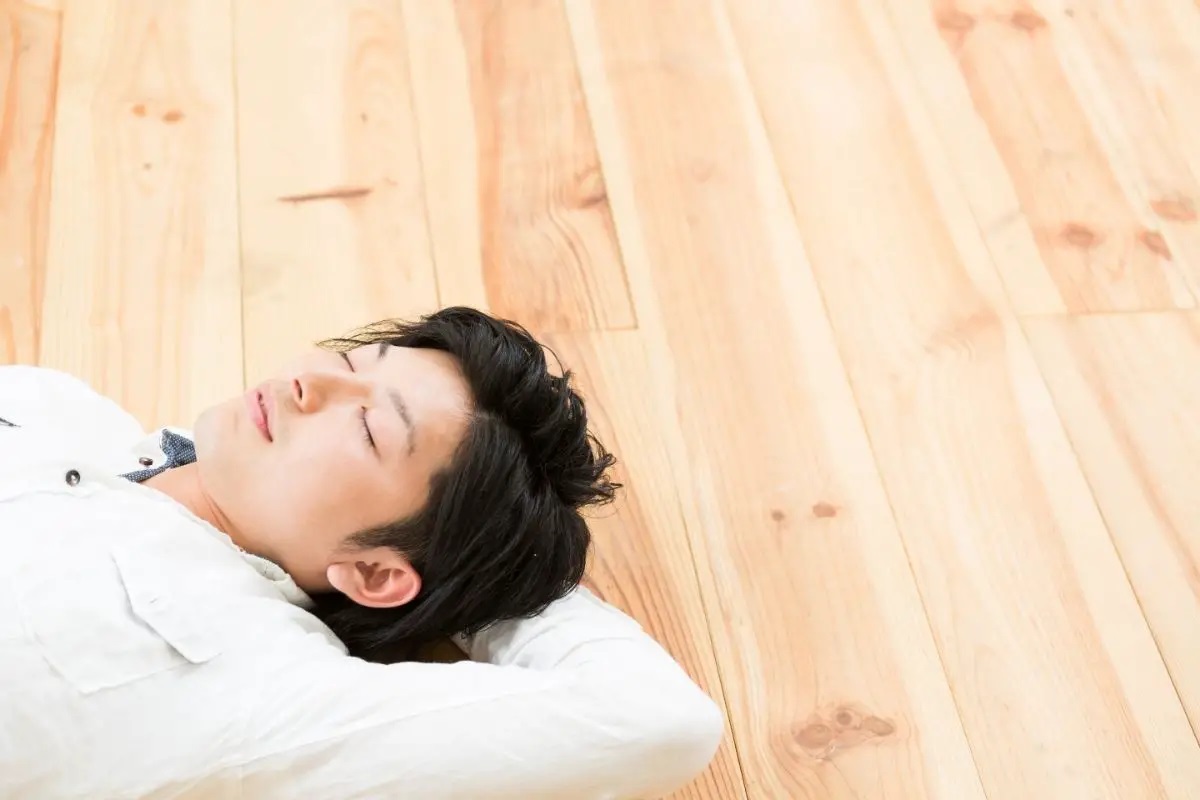

0 thoughts on “Why You Shouldn’t Sleep With Mirrors Facing You”